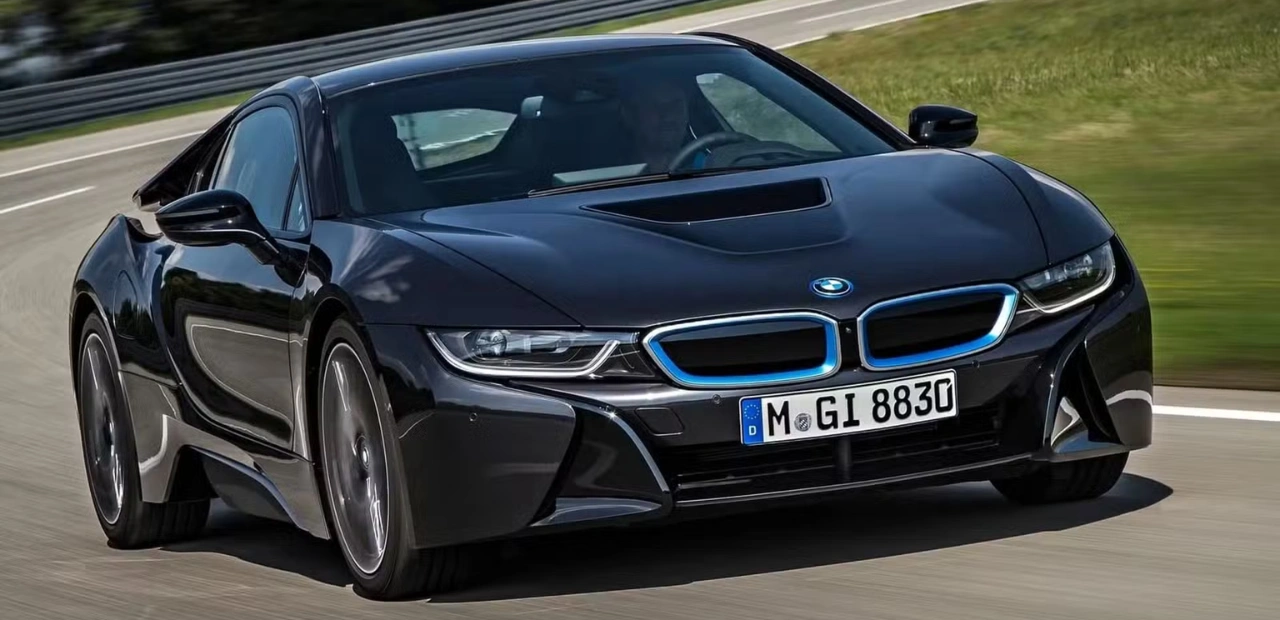What are efficient cars?

Understanding Fuel Efficiency in Automobiles
Understanding fuel efficiency in automobiles is crucial for both individual consumers and society as a whole. As consumers, we want to maximize our mileage and minimize our fuel costs. Additionally, with the increasing concerns about climate change and environmental sustainability, it is imperative to choose vehicles that are fuel-efficient in order to reduce greenhouse gas emissions and promote a healthier planet.
Fuel efficiency refers to the ability of a vehicle to extract the maximum energy from a given amount of fuel. In other words, it measures how efficiently a car converts fuel into power, thereby determining its mileage. The higher the fuel efficiency, the more distance a car can cover per gallon of fuel consumed. This means not only lower costs at the gas pump for individuals but also a reduced reliance on fossil fuels. With rising fuel prices and finite resources, understanding and prioritizing fuel efficiency in automobiles is key to a sustainable future.
The Importance of Fuel Efficiency for the Environment
When it comes to the environment, fuel efficiency in automobiles plays a crucial role. The burning of fossil fuels, such as gasoline and diesel, releases greenhouse gases into the atmosphere, contributing to global climate change. High emissions from inefficient cars contribute to air pollution, smog, and respiratory health issues in urban areas. Therefore, it is essential to prioritize fuel efficiency in vehicles to minimize their environmental impact.
One of the main benefits of fuel efficiency is the reduction in carbon dioxide emissions. By improving the efficiency of combustion engines or adopting alternative technologies, such as hybrid or electric powertrains, we can significantly decrease the amount of CO2 released into the atmosphere. This, in turn, helps to mitigate the adverse effects of climate change, including rising global temperatures, sea-level rise, and extreme weather events. Moreover, fuel-efficient cars also consume less oil, reducing our dependence on fossil fuel reserves and their associated environmental risks, such as oil spills and habitat destruction. By striving for better fuel efficiency, we can take a step forward in creating a more sustainable and environmentally-friendly future.
Key Factors that Influence a Car's Efficiency
One of the key factors that greatly influences a car's efficiency is its weight. Generally, the lighter the car, the more fuel-efficient it tends to be. This is because a lighter car requires less energy to move, resulting in less fuel consumption. Manufacturers have been increasingly incorporating lightweight materials, such as aluminum and carbon fiber, into their car designs to reduce weight without compromising safety.
Another crucial factor that affects a car's efficiency is its aerodynamics. A car that is streamlined and has minimal resistance to air can achieve better fuel economy. This is why many modern car models feature sleek designs, with smooth curves and minimal drag-inducing features. By minimizing air resistance, the engine has to work less to maintain speed, resulting in reduced fuel consumption. Automakers also conduct wind tunnel tests to optimize the aerodynamics of their vehicles and improve overall efficiency.
Factors such as weight and aerodynamics play a significant role in determining the efficiency of a car. By focusing on these aspects during the design and manufacturing process, automakers can help create vehicles that are more fuel-efficient and environmentally friendly.
Exploring Different Types of Efficient Cars
Efficient cars come in various types, each offering its own unique benefits and advantages. One popular type is the compact car, which is known for its small size and fuel efficiency. These cars are designed to be lightweight and aerodynamic, allowing them to consume less fuel while still providing a comfortable driving experience. Compact cars are often equipped with smaller engines that require less energy to operate, resulting in lower fuel consumption and emissions. Additionally, their compact size makes them easier to maneuver and park, making them an ideal choice for urban dwellers.
Another type of efficient car is the diesel-powered car. Diesel engines are known for their superior fuel efficiency compared to gasoline engines. These cars can achieve higher miles per gallon, allowing drivers to save money on fuel costs in the long run. Diesel engines also generate more torque, which means they provide better acceleration and pulling power. In recent years, advancements in diesel engine technology have made them cleaner and more environmentally friendly, with reduced emissions. Diesels are a good option for those who regularly drive long distances or require a vehicle with excellent fuel efficiency.
Hybrid Cars: Combining Gasoline and Electric Power
Hybrid cars have gained significant popularity in recent years due to their unique combination of gasoline and electric power. These vehicles are designed with both an internal combustion engine and an electric motor, allowing them to operate on both gasoline and electric power. This integration of different sources of energy enables hybrid cars to achieve higher fuel efficiency compared to conventional gasoline-powered vehicles.
One of the key advantages of hybrid cars is their ability to automatically switch between the gasoline engine and electric motor based on the driving conditions. For instance, in stop-and-go traffic or while cruising at low speeds, the electric motor takes over, reducing the reliance on fossil fuel and minimizing emissions. However, during high-speed acceleration or when additional power is required, the gasoline engine kicks in to provide the necessary boost. This seamless transition between the two power sources not only optimizes fuel efficiency but also ensures a smooth driving experience for the driver.
Electric Cars: A Sustainable and Energy-Efficient Option
Electric cars have gained increasing popularity in recent years as a sustainable and energy-efficient option for transportation. These vehicles are powered by electric motors, which run on electricity stored in rechargeable batteries. One of the key advantages of electric cars is their reduced environmental impact compared to traditional gasoline-powered vehicles. They produce zero tailpipe emissions, eliminating harmful pollutants such as carbon dioxide and nitrogen oxide that contribute to air pollution and climate change. By choosing electric cars, individuals can actively contribute to reducing greenhouse gas emissions and improving air quality in their communities.
Furthermore, electric cars offer several other benefits beyond their positive environmental impact. Firstly, they have lower operating costs compared to gasoline-powered cars. Electric motors are highly efficient, converting a much larger portion of energy into motion, resulting in lower maintenance and fueling costs. Electric cars also benefit from government incentives and tax breaks in many countries, making them more affordable in the long run. Additionally, their performance is often comparable to or even better than conventional cars. Electric motors provide instant torque, allowing for quick acceleration and a smooth driving experience. With advancements in battery technology, electric cars are also providing longer driving ranges, eliminating the range anxiety that was once a concern for potential buyers.
